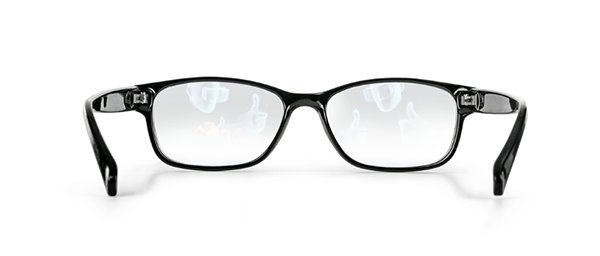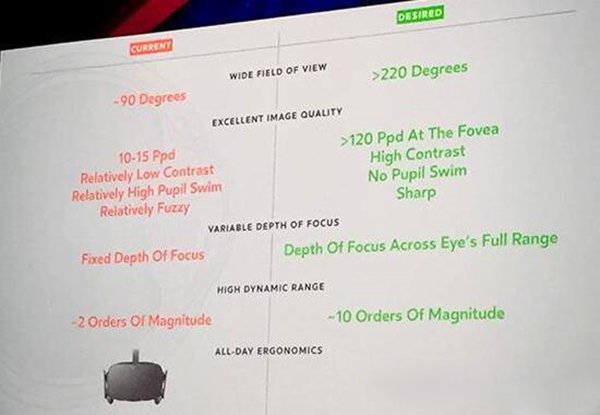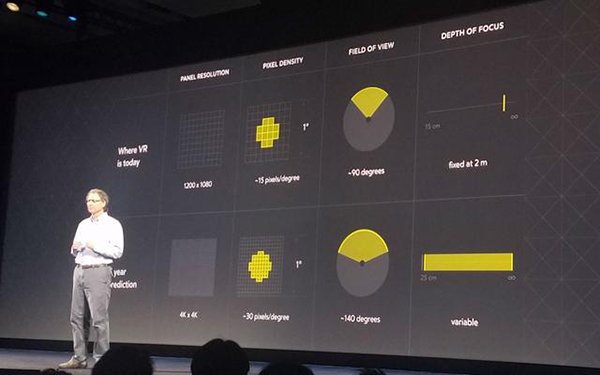As Facebook's VR star company, Oculus introduced Oculus Rift, one of the three platforms known as VR. However, a new job advertisement shows that this company may soon have to walk on both the AR (Augmented Reality) and VR.

Most of Oculus’s current talent needs are the “Research†tab. There are currently 52 jobs, and at the top is the "AR incubation team leader."

According to job responsibilities, candidates need to “build, operate, lead, and motivate a diverse team of engineers, programmers, experts, and designers, and collaborate with world-class researchers to build AR technology for the daily use of one billion users. â€
The team’s base will be in Washington, DC, and aims to create “a complete prototype system that combines machine perception, optics, on-screen display, human perception, tactile, audio, input, image, UI/UX, mobile computing, silicon, Perception, battery, and everything needed to complete the truly engaging AR experience."
Location requirements require a bachelor's degree in electrical or mechanical engineering and at least five years of hardware management experience. All the instructions show that Oculus is developing an early platform for new hardware and is focusing on the AR.
Since the Facebook acquisition, Oculus has demonstrated its decade of planning, the ultimate goal is a similar wind mirror ultra-light glasses, combined with VR and AR technology. The company's VR products are currently progressing well, and co-founder Palmer Rachay has more or less implied plans for the AR platform. However, the news from this incubation team was the first sign that Oculus began to put AR on the R&D agenda and formally operate.

Successful applicants will work with Oculus chief scientist Michael Abrash to "develop and pursue the vision needed for AR to be used in a wide range of applications."
There are many AR helmets in active development. The best known are Microsoft's HoloLens and Meta 2, and the mysterious Magic Leap.
Oculus's goal seems to be to create a "daily application" AR device, which may be a "smartphone killer" that has existed for a long time in theory and never achieved. However, AR still has a lot of difficulties to overcome. Before this type of technology really hits the ground, the technical challenges of battery life, computer vision, mobile processors, optics, and heat management need to be addressed. Therefore, it may be that this team needs to blossom this year.
At present, Oculus declined to provide more detailed information.
Infrared Optical,Zinc Selenide Lens,Optical Zinc Selenide Lens,Optical Imaging Lens
Danyang Horse Optical Co., Ltd , https://www.dyhorseoptical.com